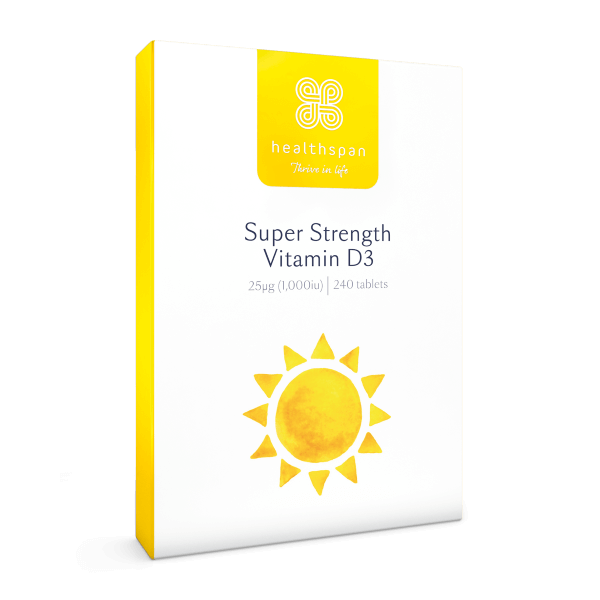Rickets, derived from the old English word 'wricken' meaning 'to twist' or 'bend', is a weak bone condition in children that can lead to deformities including bow legs. A century ago one in four children in the UK had rickets and it was known as 'the English disease'.
By the 1940s, rickets had largely disappeared in the UK - mainly due to food being fortified with vitamin D and children being given regular doses of cod liver oil - but it is on the rise again now.
What causes rickets?
Rickets in children is a classic sign of severe vitamin D deficiency. Other causes include calcium deficiency and in rare cases, some children are born with a genetic form of rickets. Similarly, adults with vitamin D deficiency can develop a similar soft bone condition called osteomalacia which causes muscle pain and aching bones.
Vitamin D deficiency can be the result of lack of sunlight. UVB rays in sunlight convert a protein in the skin called 7-DHC to vitamin D3 (dubbed the 'sunshine vitamin'). Half of adults in the UK are estimated to be slightly vitamin D deficient in winter.
There are few dietary sources of vitamin D, though the richest sources are oily fish, including sardines, salmon and mackerel. Egg yolk, liver and wild mushrooms, including chanterelles, contain a small amount of vitamin D.
What are the symptoms?
Children with rickets may have a soft skull or leg bones. Legs can become curved and bent - or classically bow-legged and knock-kneed.
Children with rickets frequently complain of leg pains and muscle pain or weakness. They may not grow at the usual rate and can be reluctant to start walking. They may also experience delay with their teeth coming through.
In severe cases, low levels of calcium in the blood lead to muscle cramping, twitching, fits and breathing difficulties. This needs immediate hospital treatment.
Adults with osteomalacia can suffer with pain and muscle weakness so great they have difficulty getting upstairs or up from a chair. Their symptoms can also lead them to walk with a 'waddling' gait.
How is rickets diagnosed?
A simple blood test can detect vitamin D deficiency. Occasionally, an X-ray is done to assess the severity of the problem.
Who gets rickets and osteomalacia?
People who don't get enough exposure to sunlight - including those who are housebound or hospitalised for long periods, and those who cover their entire body when they go out are at higher risk of vitamin D deficiency and rickets.
If you have darker skin and are of African, African-Caribbean or South Asian origin your body is less able to make vitamin D. Elderly people with thinner skin also produce less, with one in 10 people over the age of 40 are said to be vitamin D-deficient.
Children need vitamin D for their developing skeletons, and pregnant and breastfeeding women have a higher demand for vitamin D to help protect the development of their babies.
What treatments are available?
Rickets and osteomalacia are treated with high-strength vitamin D called calciferol (ergocalciferol or cholecalciferol) for eight to 12 weeks. These can be given as an injection or taken in liquid or tablet form. After this, you should take regular vitamin D supplements (vitamin D3, the active form, is recommended).
It is estimated that a person with fair skin needs just 15 minutes of (sunscreen-free) sunlight on the face, arms, back, or legs, two to three times a week to make enough vitamin D for the summer. To avoid increasing any risk of skin cancer, skin ageing or cataracts, it's recommended to apply suncream after 15 minutes' sun exposure and to cover up and sit in the shade. Children should never be in the sun without suncream, though.
Although dietary sources of vitamin D can help, 90 per cent of the vitamin D in the body is made on exposure to sunlight. Experts also recommend eating foods fortified with vitamin D, including infant formula milk, margarine, some yogurts and breakfast cereals.
It's not always simple for everyone to get enough sunlight exposure, however, which is why the National Institute for Health and Care Excellence (NICE) recommends that all adults in the UK take a daily supplement containing 400IU (10mcg) of vitamin D throughout the year.

Super Strength Vitamin D3
For healthy bones, teeth, muscles and immunity
- 25mcg vitamin D per tablet
- Helps keep bones, teeth and muscles healthy, and supports immunity
- Multiple health benefits from 9p a day






